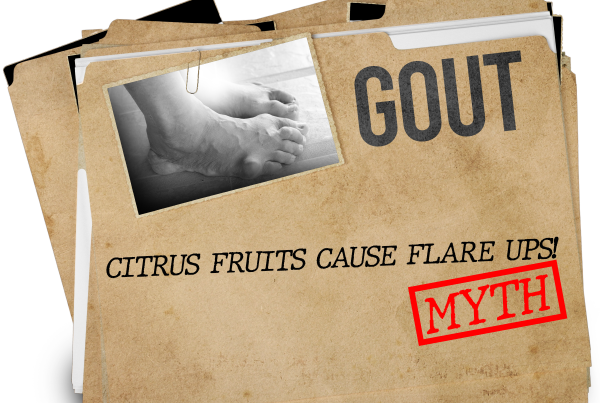Are you preparing for back surgery? Let’s discuss some nutrition tips and strategies to help with your recovery!
Good nutrition, post-operatively, is not only important for helping with the healing process, but also for helping to reduce or prevent other nasty symptoms (such as constipation). Read on for our top tips for ensuring your nutrition supports a speedy recovery.
Eat Enough, But Not Too Much
Immediately following back surgery is certainly not the time to start trying to lose weight. In the weeks and months following your surgery, your body will have a lot of healing to do. However, that doesn’t mean you shouldn’t be gorging and neglecting your weight either. It is very common to gain weight post-surgery, due to a reduction in mobility. To break it down, reduced mobility results in reduced energy expenditure – meaning your energy requirements are less than usual, making it easier to eat more than you need.
To avoid gaining extra weight, focus on portion-controlled meals comprised of nutrient-dense foods such as:
- Lean proteins (e.g. chicken, lean beef, seafood, eggs, low fat dairy products)
- Vegetables
- Fruit
- Wholegrains (e.g. brown rice, barley, quinoa, buckwheat)
High-Fibre Foods and Plenty of Water
Following back surgery, many people suffer from constipation which is a less-than-enjoyable experience for some pretty obvious reasons (such as the feeling of being backed up and the excess pain that sitting on the toilet is causing).
Constipation can be caused by several things – the pain relief medications you have been prescribed, inactivity and inadequate diet. To avoid constipation, try this:
- Eat plenty of high fibre foods (vegetables, fruit, legumes, nuts, seeds and wholegrains)
- Drink at least 2L of water per day
- Talk to a dietitian!
At-Home Hacks
After your operation, there will generally be restrictions on how much you can lift for a period following surgery. Plus, bending and excessive movements may be uncomfortable while your body heals.
This tends to cause implications when it comes to grocery shopping and cooking at home (and in turn, can contribute to inadequate nutrition). Consider these tips before your operation to help improve your ability to look after yourself afterwards.
- Buy what you can prior to surgery
- Move any appliances, pots, or pants to easy-reach locations in your kitchen
- Enlist the help of a family member to pre-prepare meals with you
- Shop online and politely ask your delivery driver to place the groceries somewhere that is convenient for you
- Don’t buy in bulk – purchase only what you need in small quantities to minimise the weight you need to carry
Convenient or Pre-Prepared Foods
If you are really struggling with shopping and cooking post-operation, stocking up on pre-prepared meals, frozen meals or investing in a meal delivery service is a great idea. This can help reduce unnecessary movements, help with portion control and ensure you are keeping your diet nutritious and balanced.
Stews, curries, soups and pasta can all be made ahead of time and freeze well if you’re up for making your own, but if not, there are plenty of great frozen meals and delivery services to choose from.
Dietitians Top 3 Frozen Meals
- Super Nature Lamb & Sweet Potato
- Weight Watchers Chicken and Vegetables Risotto
- McCain Healthy Choice Wholegrains Teriyaki Chicken
Dietitians Top 3 Meal Delivery Services
Hopefully, these suggestions help you prepare for back surgery. Everyone’s experience with back surgery is different though. If you would like personalised nutrition advice to help you with your recovery, it might be time to speak to a Fuel Your Life dietitian.







